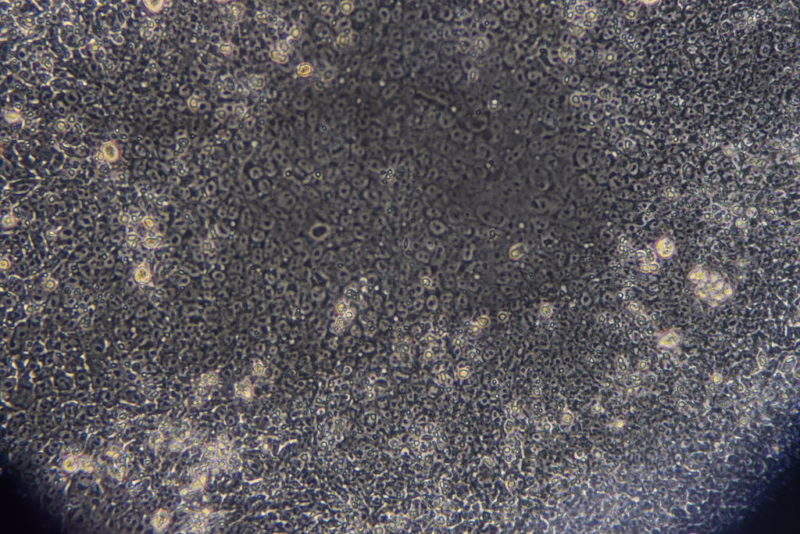A pioneering investigator-initiated trial in Japan is set to attract the attention of patients, physicians, and companies in the space of Parkinson’s disease. The Phase I/II trial was launched on August 1, 2018 and is sponsored by Kyoto University Hospital, which is working in partnership with the Center for iPS Cell Research and Application (CiRA), Japan.
The objective of the trial is to evaluate the safety and efficacy of allogenic induced pluripotent cells (iPS) that are transplanted in patients with Parkinson’s disease. In addition to measuring the adverse events, another primary endpoint that will be evaluated is the extent of graft expansion in the brain at 24 months post-transplantation.
This trial is expected to be closely monitored by different stakeholders for a couple of reasons. Primary among them is the lack of curative treatment for the disease. Currently available treatment options are limited to those providing symptomatic relief of motor symptoms. The reprogrammed stem cells employed by the research team in Japan are used to generate dopaminergic progenitors, which produce the neurotransmitter dopamine.
A total of five million iPS cell-derived dopaminergic progenitors will be transplanted into the brain of each patient using a stereotactic brain surgery system, and this will be supported by administration of immunosuppressant. Because the cells are allogenic, it is easier to store, manipulate, and prepare them prior to administration. The other reason for the excitement is the research institute and the team members leading the trial; the director of CiRA, Shinya Yamanaka, co-shared the Nobel Prize in Physiology or Medicine in 2012 for the discovery of iPSC. The deep expertise of the team members in the field of iPS is anticipated to stand in good stead throughout the duration of the trial.
Stem cell use in neurology is an evolving field; clinical efficacy of these cells is yet to be fully realized in order to support their use as mainstream treatment option for devastating neurological diseases. It is also an area where the number of investigator-initiated trials (IITs) are significant compared to the number of company-sponsored trials. According to GlobalData, 70% of ongoing clinical trials in the eight major markets (8MM: US, France, Germany, Italy, Spain, UK, Japan, and China) in the field of neurology and stem cells are IITs. Such trials are important to gain a deeper understanding of the product and the therapy.
Key opinion leaders interviewed by GlobalData have stated that, in order for a stem cell therapy to become widely accepted as a mainstream treatment option and for regulators to clear the therapy, it will be of critical importance for the product to have strong safety and efficacy data, especially in the latter stages of clinical development when a larger patient population is being studied. Although the pioneering trial in Japan is in early stages of development, it is also one trial which, if it produces positive data and consistently does so in the latter stages of clinical development, will be a breakthrough moment for everyone affected by Parkinson’s disease.

US Tariffs are shifting - will you react or anticipate?
Don’t let policy changes catch you off guard. Stay proactive with real-time data and expert analysis.
By GlobalData



